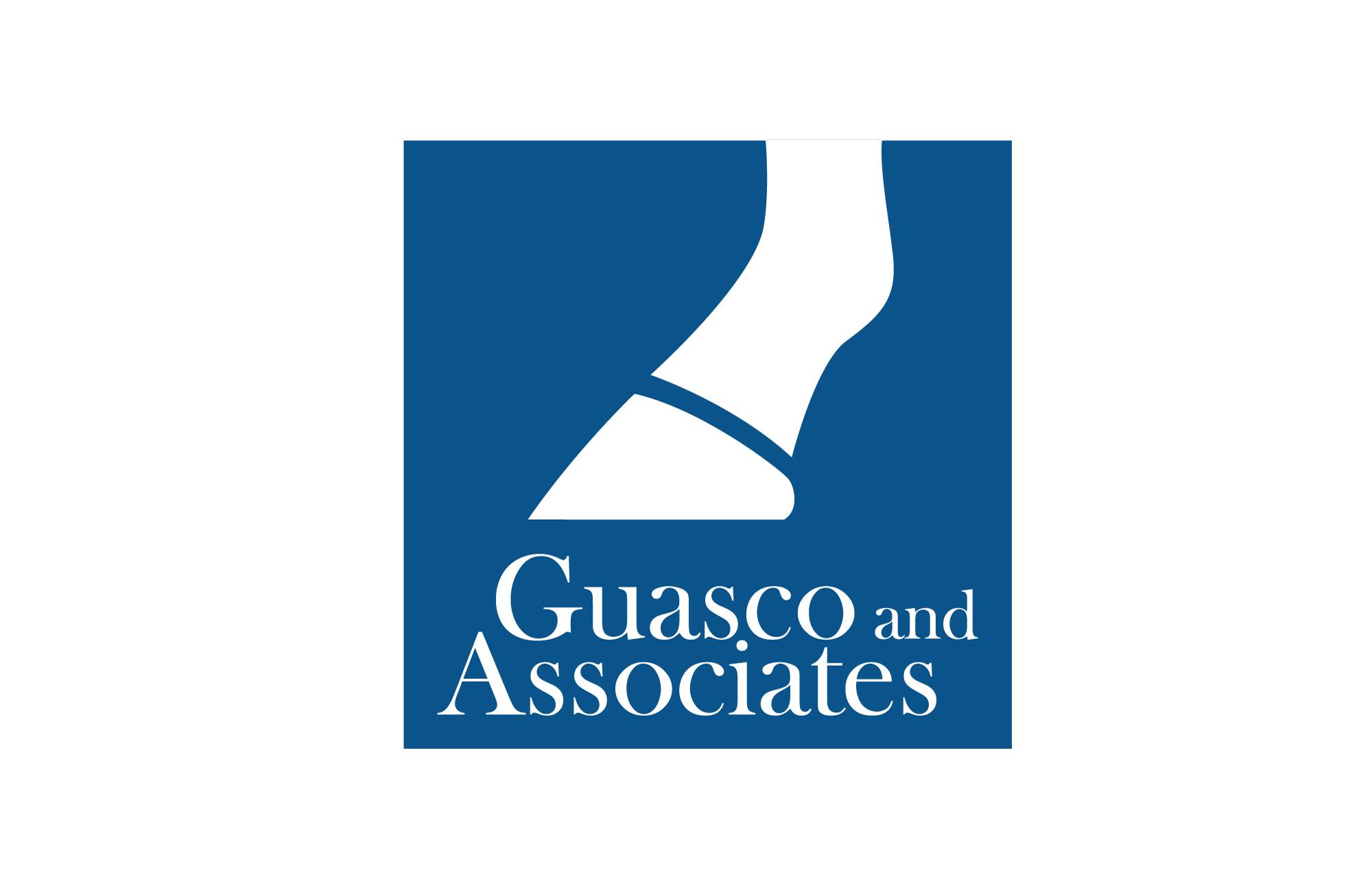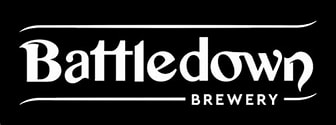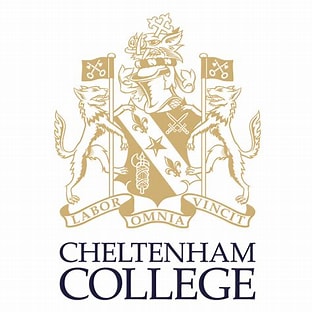Latest News
Corona virus - how it affects the racing economy
With the news that all racing in the UK been cancelled due to Coronavirus, Peter Watton from OddsMonkey explains what this could mean for the sport — and the people that rely on it to earn their living.
You'd have to be a hermit to have missed the news about the recent spread of COVID-19. The virus is set to cause huge damage to the world's economy and the health of the world's population. And, as more and more sporting events across the globe are being cancelled, it's already having a major effect on the world of sport, too.
Although the original plan was to hold all horse racing fixtures behind closed doors, the British Horse Racing Authority announced last week that all fixtures in the UK will be suspended as a result of Coronavirus. The decision mirrors that of every European racing nation except Ireland, which is sustaining a programme of racing behind closed doors. But, as the spring and summer are peak times for racing, and for that matter, for Point-to-Point racing too, cancellations at this time will have a hugely negative effect on the industry. So, what exactly is the impact, and what does it mean for the people who make a living from it?
Virtuous circle is broken
The racing economy relies on owners winning just enough to renew and refresh their stables each season. In a winter already badly affected by wet weather abandonments, Jumping owners could be forgiven for downing tools and finding a new hobby. Over 6,000 National Hunt horses and a further 2,500 Pointers are trained each year for Jump racing in the UK.
It's no coincidence that the all-important Cheltenham Festival was allowed to proceed, as the event is the culmination of so many dreams and aspirations for owners, trainers and riders, and a massive injection of revenue into the sport from spectator admissions, betting turnover and re-sale of horses. I'm sure a lot of pressure was brought to bear on the BHA by Cheltenham's ultimate owner - the Jockey Club - to hold out until its conclusion.
Those 28 races fulfil enough expectations to fill order books for trainers across the UK and Ireland for next season. The question is, how will those horses be identified and sold?
Of course, racing is not all about Cheltenham, as efforts on the Point-to-Point circuit will testify. Many Easter Monday fixtures provide a huge cash boost to organising hunts too. The micro-economy surrounding racing impacts widely and well beyond the racecourse. Local hostelries and accommodation providers have always done well from racing fixtures. You only have to see the volume of venues offering racing breakfasts in Cheltenham week to know that. The same is the case at Punchestown each year. What cost will a closed door policy have on that course?
In 2001, the year foot & mouth put paid to the Festival, the local Chamber of Commerce estimated a total of £30m lost to the local economy, excluding the revenue circulating at the racecourse itself. In today's money that's a substantial £35m, replicated time and again for major racing festivals and even for more modestly sized fixtures.
Horsemen will feel the squeeze
There's a lot of work that goes into preparing horses for race day, and large teams are often employed to keep everything going to plan. There is currently a dire shortage of skilled stable staff in British racing, so trainers will want to retain their staff wherever possible.
However, staff comprise the largest fixed cost to the training business model; horses are a very labour-intensive business. And where owners may withdraw their horses with no great prospect of racing returning in the short term, this is going to make for some hard decisions by trainers whose businesses cannot support a large staff with diminished revenue. Many Jump trainers have second businesses but even these will be impacted, so there's a rough road ahead.
On the upside, were racing to resume to allow some of the summer jumping calendar, it's feasible owners would return their horses earlier than normal to capitalize on this, but this is highly speculative.
Jockeys of course are for the most part self-employed. The government has recognized the imperative to attend to the incomes of self-employed people, but until that is clarified, the stoppage brings their income to a shuddering halt overnight. Most jockeys also earn fees for riding out and schooling for trainers, but there's no getting round the fact that there's a big squeeze coming on everyone directly involved with the horses.
Where to now for breeders?
The breeding cyle for National Hunt horses is less fixed than for the Flat. However, it's customary for a mare to foal at the stallion station where her next mating companion is situated. Whilst transport between such locations is not yet forbidden, this could have significant ramifications if lockdown occurs. The crop of 2021 might be much diminished in size. This in itself may not be a bad thing, correcting the current oversupply, but it'll lead to premium pricing for those that got through the system.
Plenty of professional breeders will be nursing losses, not least stallion owners who have borrowed against the value of future nominations. And of course, without the Spring sales, the current young crop has no outlet to be sold by public auction, so finding buyers may have to revert to private means again. The virtual sale could be an innovation that would use technology to brinbg together vendors and buyers across the web.
Bookmakers and betting shops will lose out
No-one weeps too much when bookies lose; they're not called the "old enemy" for nothing. However, bookmakers large and small are part of the circle of finance that keeps racing wheels turning.
On the racecourse, bookmakers are specialist businesses for the most part, with no retail premises other than racecourse pitches. No racing means no trading. In many instances, new entrants to the market over the past 10 years have paid substantial sums to buy the best pitches on the course in anticipation of future earnings. Without those earnings, and with no ability to repay borrowings against them, could we see banks owning raceclourse pitches? The idea seems ludicrous.
On the high street, there has already been considerable consolidation of the betting market in recent years, telling a story of maximization of scale economies against a low margin high turnover backdrop. Several high profile names have already issued profit warnings, on top of a programme of shop closures broiught about by government legisntaion restricting stakes on fixed odds betting terminals (FOBTs). The acceleration of high street closures looks a foregone conclusion with all the ramifications for the health of Britain's high streets.
The trouble is racing's revenue stream is inextricably tied to bookmaker profitability. The Horse Race Betting levy, the statutory return from betting to racing, has already been largely on a downward cycle for years. fed back into prize money, the Levy Board will have to dig into its reserves to finance prize money when we return. With a sustained stoppage, who knows, smaller races may not look that much more valuable than the Andoversford Grand Annual - a bleak picture for racing.
Racing also benefits directly from media rights income from bookmakers. That racing is continuing overseas helps this to an extent, but like other sports, the importance of TV, whether specialist outlet or terrestrial coverage, has a direct effect on revenue. And racing, fighting for market share of the growing betting market against other sports like football, needs events like the Grand National to make itself marketable. Bookmakers have estimated lost revenue of over £100 million after the cancellation of the Grand National (Independent).
Casual workers will also temporarily lose jobs
Much has been reported about the vulnerability of people working in the gig economy. Horse racing fixtures play their part here too. Caterers, gate staff, and events teams are all needed to make the day a spectacle to remember. But, as all sporting events and large public gatherings are cancelled, it means there's going to be very little work for the people who rely on crowds to make a living. It needs something of the order of 120 people to run the most basic fixture, from treaders-in to tote ladies, gatestaff to the BHA officials, and for larger events, many more.
And finally..
Some £25m is generated through 150 Point-to-Point fixtures every year in the UK. This feeds back for the most part to hunts. And whilst this is not their main source of revenue, the annual ritual of the Point-to-Point exercises many minds and provides a reason both to celebrate the sport, win useful funds and thank supporters. Rarely among hunt events, the Point-to-Point brings money and support from people not associated with the hunt or its wider activities and showcases the role of the hunt in the rural community it serves.
There will be plenty of hunts vexing over the loss of Easter Monday fixture revenue - the one day when more people go Point-to-Point racing in the UK than attend professional racemeetings.
There are literally hundreds of small enterprises trading in racing - clothiers, caterers, automotive dealerships and so on, that use racing to generate fresh leads and engage audiendces
Over and above that, Point-to-Point fixtures support a broad base of professional handlers bringing on young horses that will progress in to mainstream racing. Locally, this would include folk like Sally Randell, who trains alongside Fergal O'Brien, and Emma Alvis, who rides work for Richard Hobson. These small enterprises are an important part of the diversified rural economy.
One thing is for sure. You can never plan for eventualities like this. We've all seen recessions before, but never a complete cessation of trade. Let's hope for a resumption in the not too distant future.
Event details
Buy your tickets nowOur Sponsors








.png)









